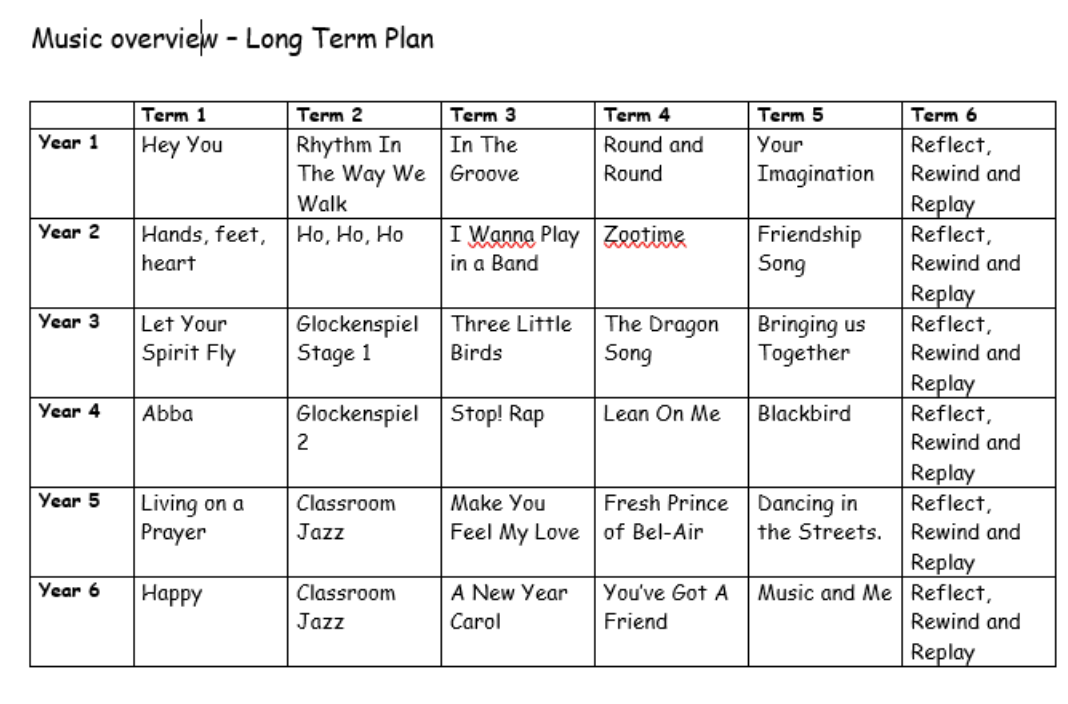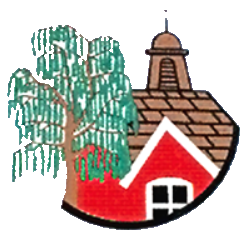Music
Curriculum Statement
Intent
Music teaching at Canterbury Road Primary School inspires children to develop a love of music and their talent as musicians. Teaching follows the specifications of the National Curriculum; providing a broad, balanced and differentiated curriculum and ensuring the progressive development of musical concepts, knowledge and skills. At Canterbury Road we believe that music plays an integral role in helping children to feel part of a community, therefore we provide opportunities for all children to create, play, perform and enjoy music both in class and to an audience. Through assemblies and key stage performances, children showcase their talent and their understanding of performing with awareness of others. Lessons enable children to develop their skills, appreciate a wide variety of music and begin to appraise a range of musical genres.
Our main principles for our learners are:
• Enjoy and have an appreciation for music.
• Listen to, review and evaluate music across a range of historical periods, genres, cultures, styles and traditions.
• Can sing and use their voices to create different effects.
• Create and compose music, both on their own and with others.
• Use a range of musical language.
• Make judgements and express personal preferences about the quality and style of music.
• Take part in performances with an awareness of audience
Implementation
Music teaching at Canterbury Road delivers the requirements of the National Curriculum through use of the Charanga scheme of work. This scheme was chosen as it delivers the NC through schemes of work, is up to date, accessible and has excellent resources. It enables teachers to make adaptations using the ‘freestyle’ element of the package to substitute units deemed to be more appropriate for thematic learning in other curriculum areas. Music lessons are broken down into half-termly units and an emphasis placed on musical vocabulary, allowing children to talk about pieces of music using the correct terminology. This is further embedded through the Artist of the Term during whole school assemblies. Each unit of work has an on-going musical learning focus and lessons usually follow a specific learning sequence:
• Listen and Appraise
• Musical Activities (including pulse and rhythm)
• Singing and Voice
• Playing instruments
• Improvisation / Composition
• Perform and Share
Our progression model also follows the same learning sequence to ensure all interrelated elements of music are covered and implemented.
Within the EYFS setting, music is an integral part of children’s learning journey. Rhyme and rhythm are utilised throughout the learning of phonics, handwriting and mathematics and daily routines. Children learn a wide range of songs and rhymes and develop skills for performing together. Singing and music making opportunities are used frequently to embed learning, develop musical awareness and to demonstrate how music can be used to express feelings.
Performance is at the heart of musical teaching and learning at Canterbury Road and pupils participate in a range of performances during their school ‘career’. These include nativities (EYFS, KS1), carol concerts (KS2) and a Leavers performance (Year 6). Pupils also take part in Harvest assemblies and singing assemblies other events of celebration or commemoration throughout the year. Pupils who are confident are encouraged to perform in solo performances. Parents are invited and welcomed to watch performances which may take place in school or at a local venue such as the church.
Impact
Our music Curriculum is planned to demonstrate progression and build on and embed current skills. We focus on progression of knowledge and skills in the different musical components and teaching of vocabulary also forms part of the units of work. If children are achieving the knowledge and skills detailed in each unit, then they are deemed to be making good or better progress. We measure the impact of our curriculum through the following methods:
• Pupil discussions about their learning (pupil voice).
• Governor monitoring with our subject music link governor.
• Termly reporting and tracking of standards across the curriculum.
• Photo and video evidence of the pupils practical learning.
• Use of the assessment tools provided within the Charanga scheme.
• Dedicated music leader time.
Children are skilful and enjoy learning, listening to and performing music. They are confident and able to discuss their learning. They build up a growing bank of knowledge that they can combine with their skills.

